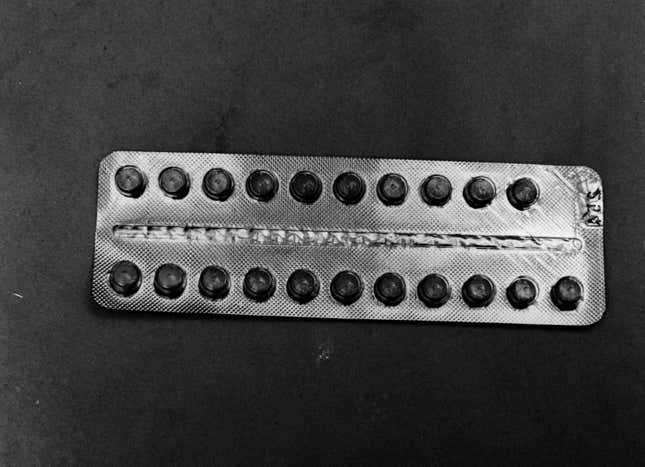The Wellness Creep
Latest

Yesterday, New York Magazine’s The Cut published a story about hormonal birth control. Like other pieces in the expanding universe of pseudo-confessional health reporting, it’s a story about a woman who also happens to be a writer having doubts about what the medical establishment has told her. She begins by questioning what The Pill is doing to her body, a concern that is shared, she writes, by “many women I know.”
We learn that while the scientific consensus may be the majority of women don’t experience adverse side effects from hormonal contraception, scores of largely unnamed women report feeling “more alive” “more clear,” “more myself” and like “color returned to the world” when they go off The Pill. Hormonal birth control is blamed for creating a “lack of vibrancy” and draining the color from the world. A somewhat baffled gynecologist explains that women are bringing these concerns to her in greater numbers. But where they are getting the idea that The Pill is making them sick, she really doesn’t know.
The story isn’t so much about a health issue as the culture surrounding it, and the reporter, who is sincere if less skeptical than I’d prefer, does appear to know where women are getting the idea that the core of their being has been compromised by taking The Pill. “Influencers” are invoked twice, though they are mentioned in asides that make note neither of the content of their posts or the money they may be receiving in exchange for their advocacy. (In the spirit of the piece, which has a habit of listing inconclusive studies to support its various inquiries, here is a paper in BMJ’s Sexual & Reproductive Health calling for more transparency in how “natural” contraceptive cycle-tracking apps are advertised on Instagram.)
-

-

-

-

-

-

-

-

-

-

-

-

-

-

-

-

-

-

-

-

-

-

-

-

-

-

-

-

-

-

-

-

-

-

-

-

-

-

-

-








































